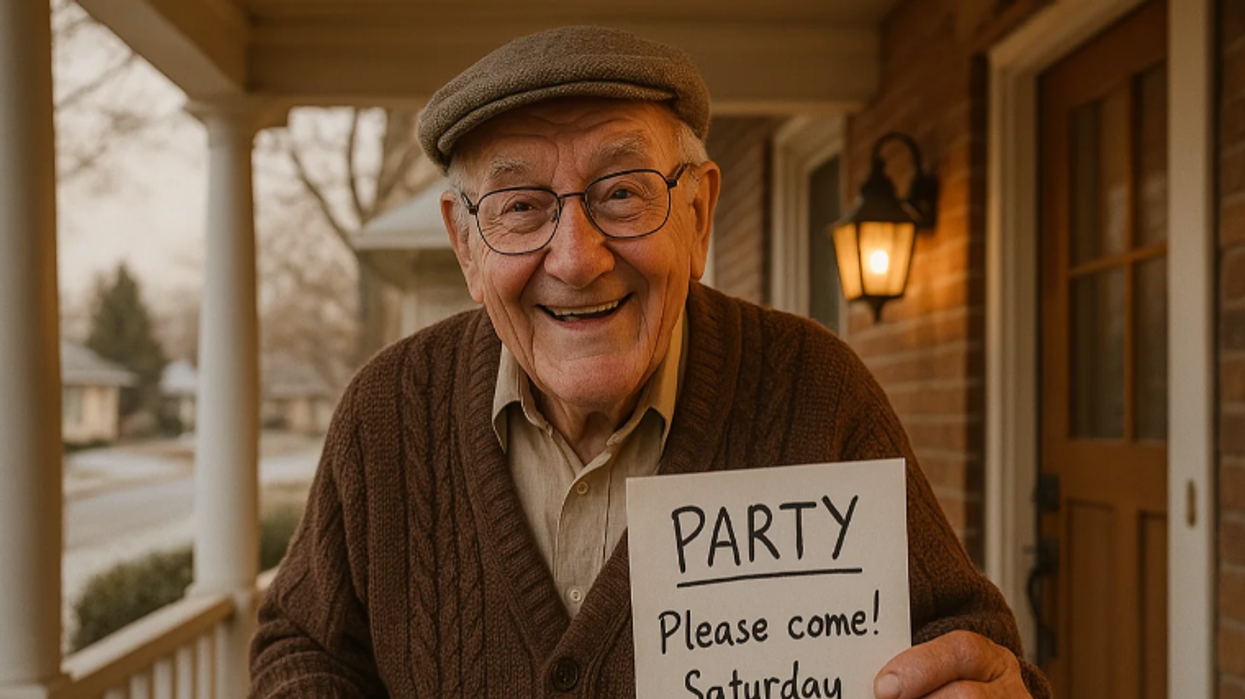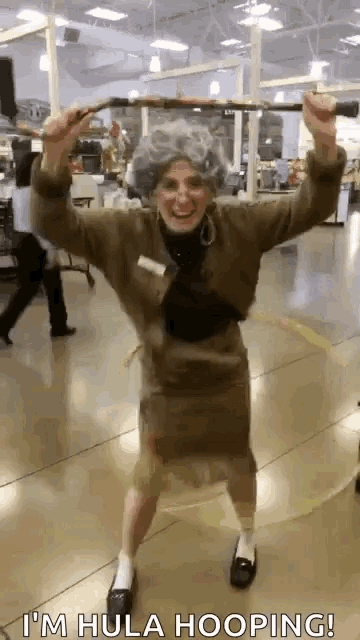In a heart-stopping moment that could have ended in tragedy, 11-year-old Vada Carawan became a real-life superhero. It was just another seemingly ordinary day in Virginia Beach, Virginia, when Vara’s father clutched his chest in pain and collapsed of sudden cardiac arrest, thrusting Vara into an unimaginable situation. Luckily, she still had the memory of a recent Girl Scout CPR training session still fresh in her mind, so, with nerves of steel, she stepped up and performed the chest compressions that kept her dad alive until help arrived.
A Day That Changed Everything
Just 11 days after Vada learned CPR during a Girl Scout meeting— a skill she never imagined she would need so soon—her father, Clinton Carawan, began complaining of chest pain. He described feeling short of breath and that his heart was beating faster than usual—symptoms that, in any other circumstance, could be ignored. But on this day, his chest pain signaled something far more serious than mere discomfort. The situation escalated quickly, and her dad’s condition worsened rapidly. Vada’s world shifted from the normal routines of childhood to a high-stakes moment where every second mattered.
- YouTube www.youtube.com
“I was scared, and I started tearing up,” Vada later recalled to WTKR, a local news station, her voice a blend of shock and determination. “I didn’t really think about it—I just knew I needed to save my dad’s life.” She was brave, not in the way we imagine it, like a knight in shining armor or standing up to a bigot in a supermarket. Vara was fearful but also focused, with an unwavering resolve to do what was necessary.
As her dad’s condition deteriorated rapidly, Vada called 911 without hesitation. Once she was on the line with a dispatcher who calmly guided her through the emergency process, Vada began administering chest compressions. Placing one hand on top of the other and interlocking her fingers, Vada steadily pushed down on her father’s chest. Even as her mind raced with worry—wondering what life would be like without her dad—she focused on a clear goal: keeping him alive until the paramedics arrived.
The Science Behind the Miracle: Understanding Sudden Cardiac Arrest
Vada’s heroism is a heartwarming story that powerfully yet harrowingly reminds us of the critical role that immediate action plays in sudden cardiac arrest (SCA). Unlike a heart attack, which occurs when the heart muscle is deprived of oxygen due to a loss of blood flow, SCA is much more unpredictable. It happens when the heart unexpectedly stops beating. It’s a fight against the clock in moments like these, with every second counting. Immediate CPR and defibrillation are critical to survival.
Dr. Deepak Talreja, chief of cardiology at Sentara Health, explains that SCA strikes without warning. “A person just collapses to the ground with no heartbeat and no pulse—they’re clinically dead,” he says. In moments like these, CPR (cardiopulmonary resuscitation) can be the only thing standing between a loved one and death. Chest compressions manually push oxygenated blood to the brain, heart, and other vital organs by mimicking the heart's pumping action. This prevents tissue death and delays brain damage until advanced medical care becomes available.
What to Do When Seconds Matter
Vada’s heroic moment of action underscores an essential lesson: knowing CPR can save lives. If you find yourself in a situation where someone suddenly collapses, here are the steps you should follow:
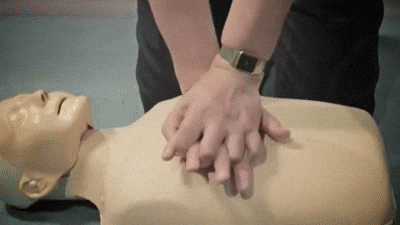
- Check for Responsiveness: Tap the person and shout, “Are you okay?”
- Call 911 Immediately: If there is no response, do not waste time—immediately dial emergency services. Explain what happened clearly so that the dispatcher can guide you through the process.
- Start Chest Compressions: Lay the person flat on their back and on a firm surface. Kneel beside them, next to their chest. Place the heel of one hand on the center of the chest. Place your other hand on top and interlock your fingers. Push down hard and fast, at least 2 inches deep, at a rate of 100-120 compressions per minute. (Many have noted that songs like “Stayin’ Alive” by the Bee Gees and Abba’s “Dancing Queen” are the perfect BPM to perform chest compressions to. Continue until professional help arrives.
- Use an AED if Available: If an automated external defibrillator (AED) is nearby, turn it on and follow the voice prompts. An AED can analyze the heart’s rhythm and deliver a shock if necessary.
Remember, doing something is far better than standing by helplessly. Vada’s story is a testament to this lesson: be prepared and spring into action immediately.
An Empowering Call to Action
By saving her father’s life that day, Vada Carawan also protected countless others and provided a shining example of the power of CPR training. No matter how old you are, taking the time to learn CPR might one day enable you to save someone’s life. Many community centers, schools, and organizations offer training sessions, and the knowledge you gain can make all the difference when seconds count.
Her father, Clinton, who describes his recollection of that day as a blur, expresses profound gratitude for his daughter’s decisive intervention. “I tear up thinking about it every time,” he admitted, his voice filled with emotion. Vada is a hero to us all, and her bravery is a rallying cry to prepare us all for emergencies.





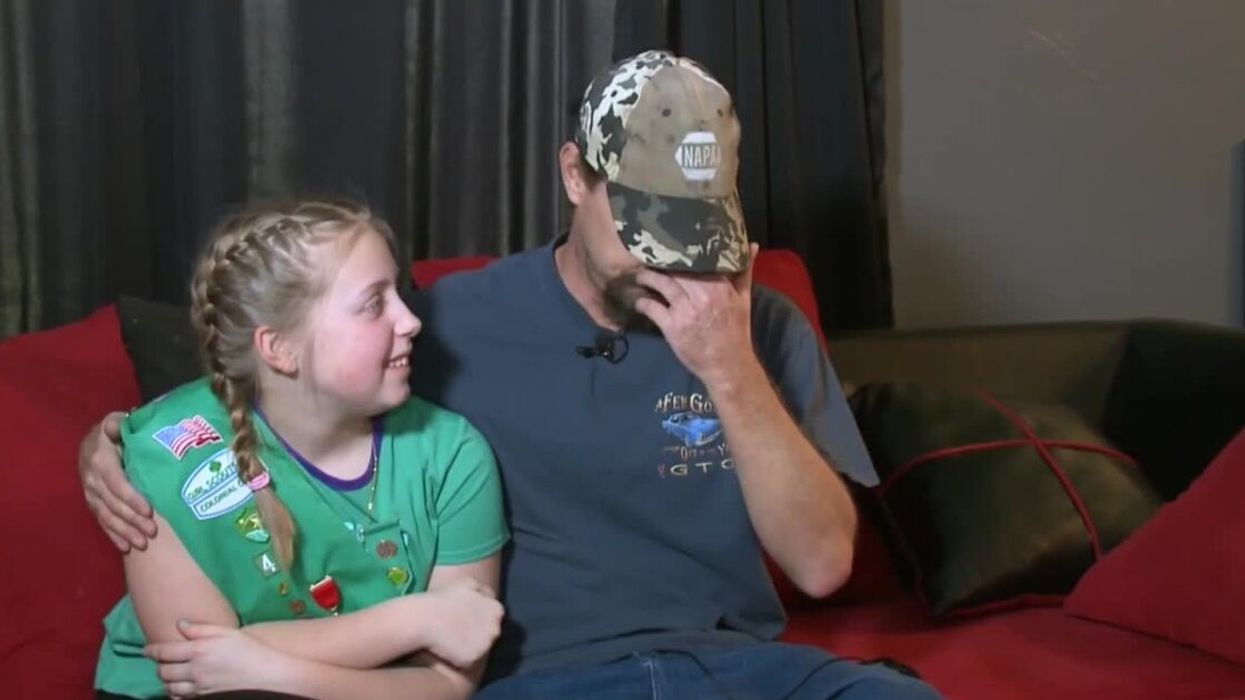






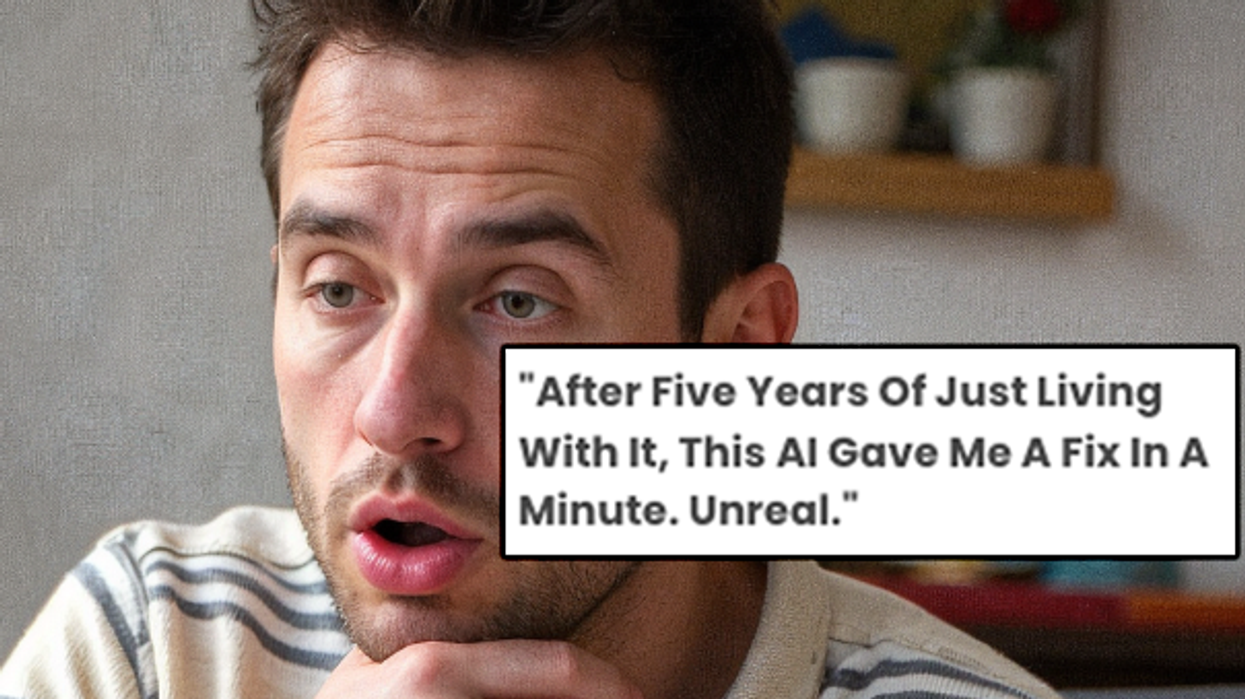
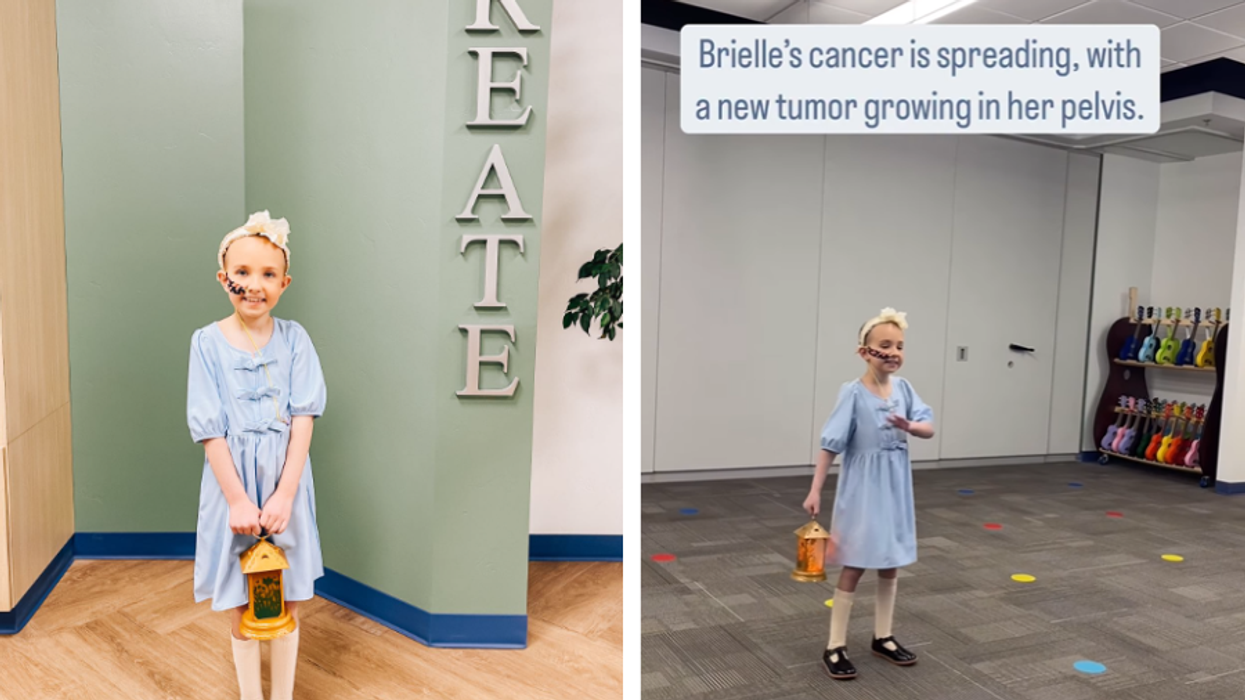

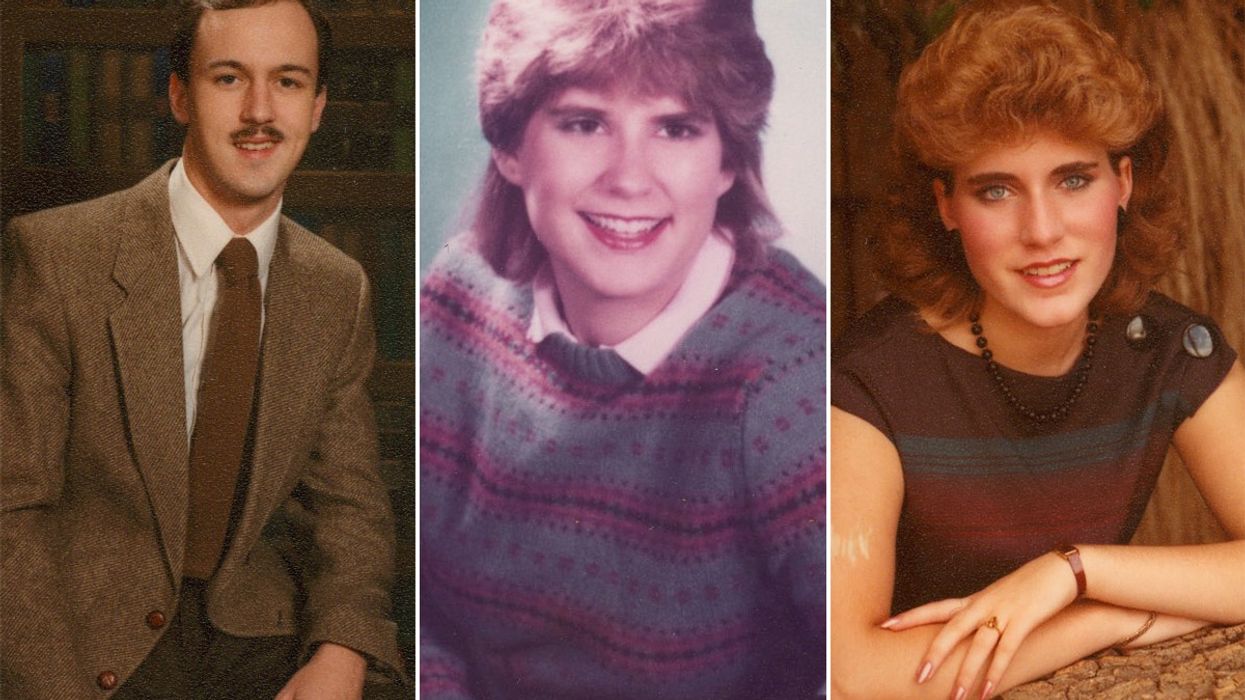


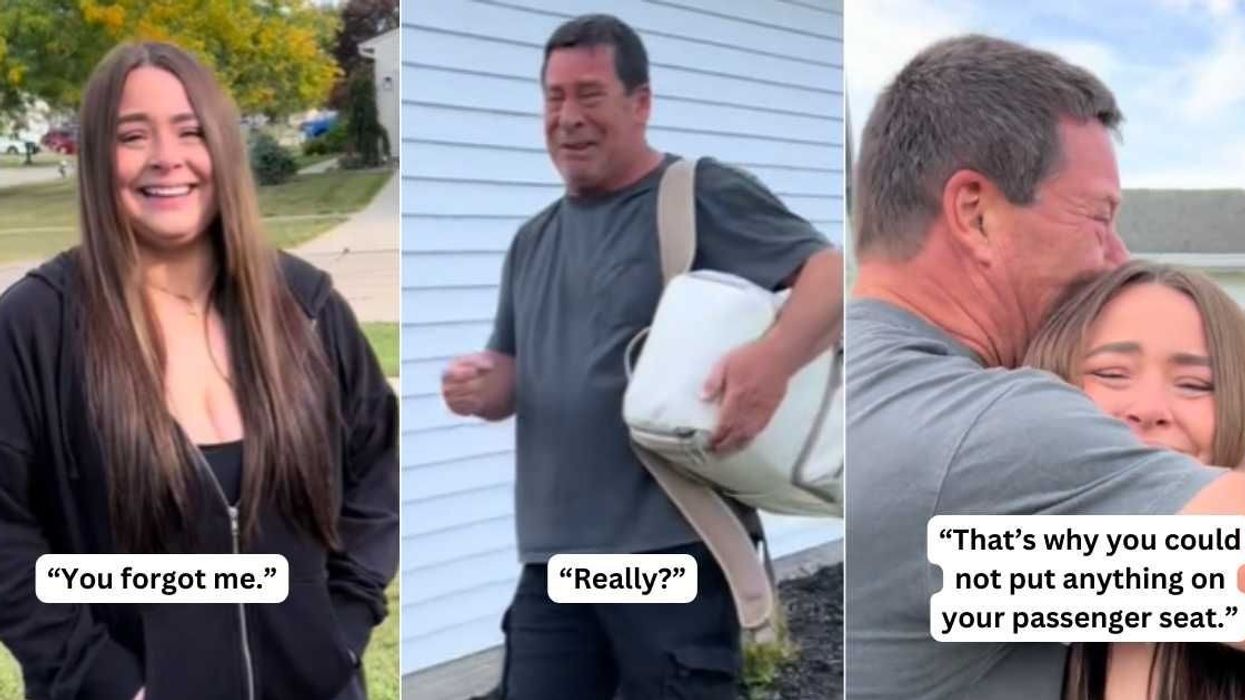
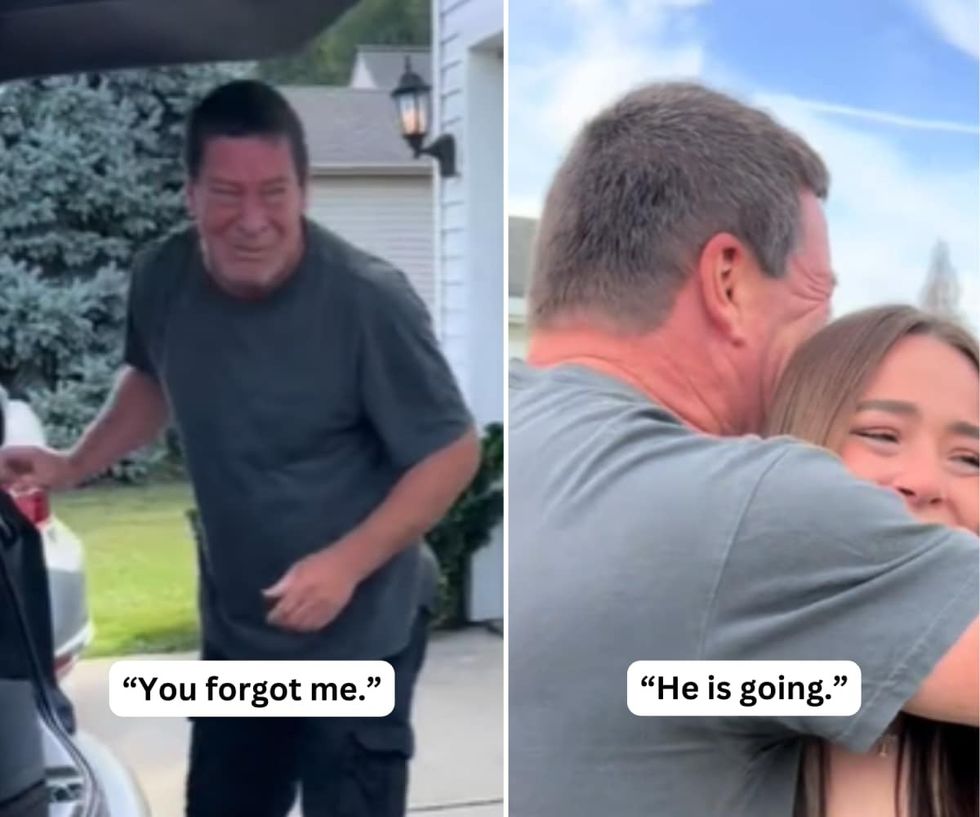
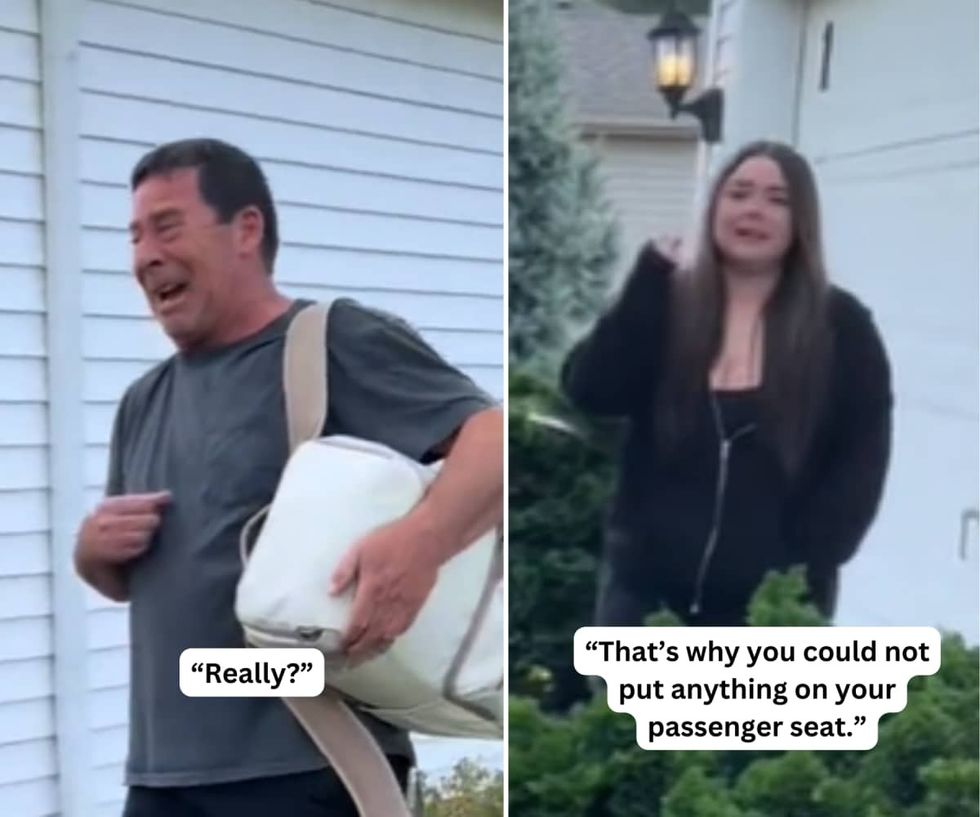




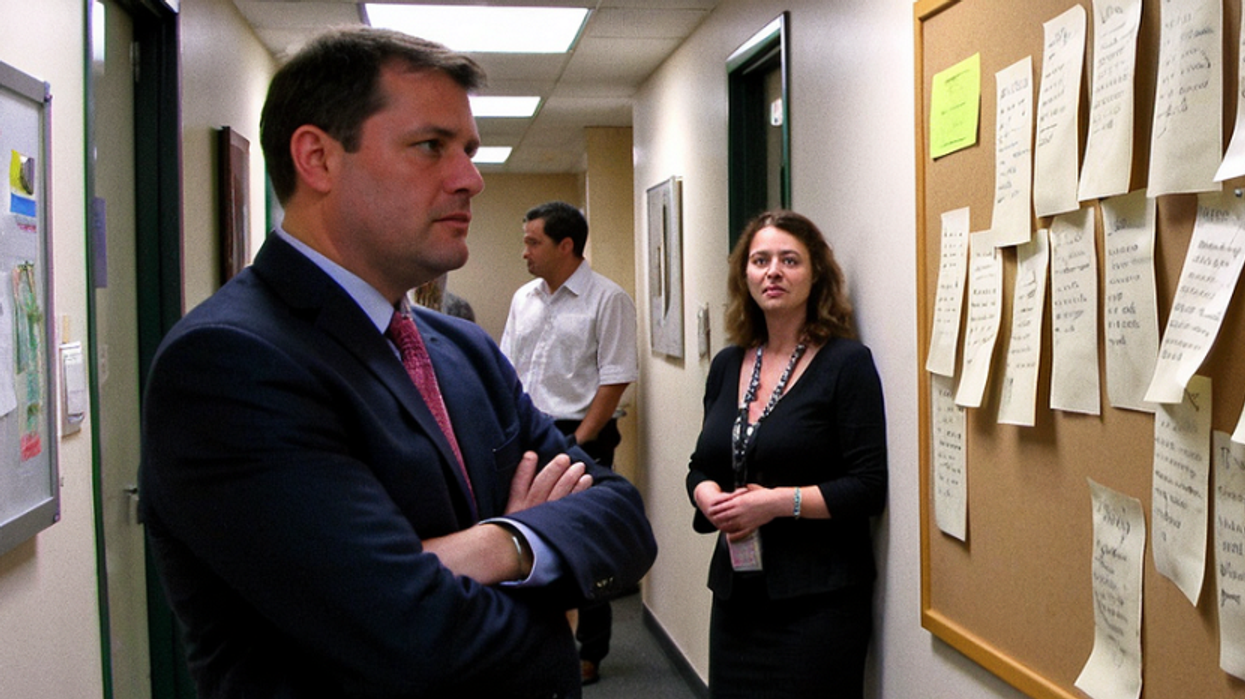
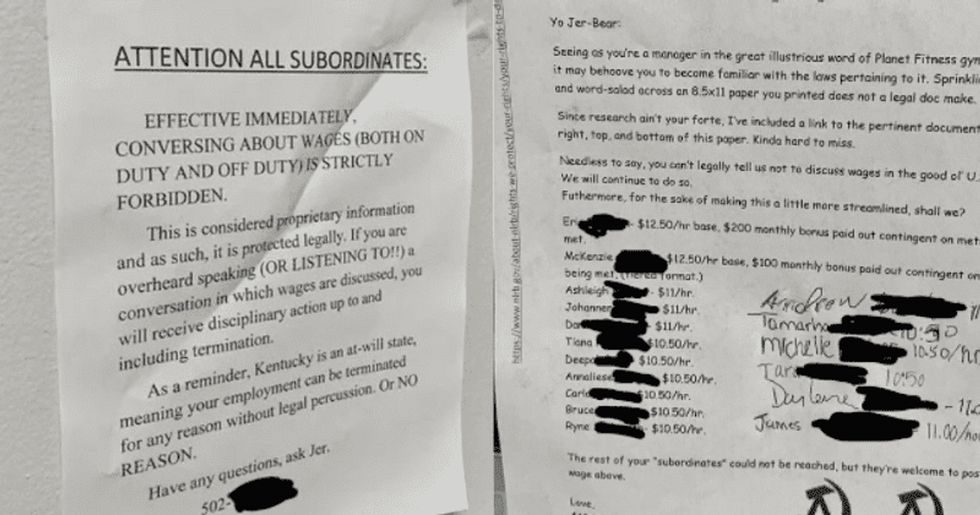 Image Source: Joshua Potash | Reddit
Image Source: Joshua Potash | Reddit 

